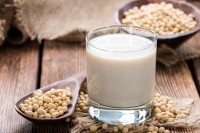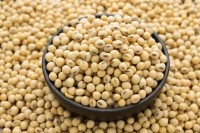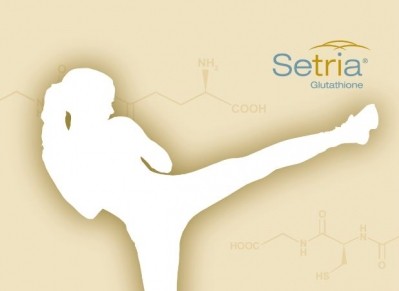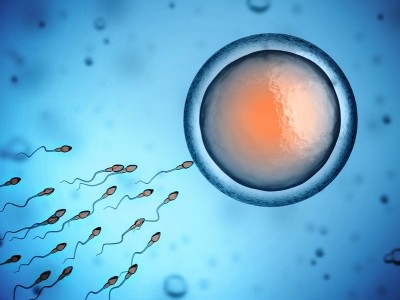Soy may support metabolic health in women with polycystic ovary syndrome: Study
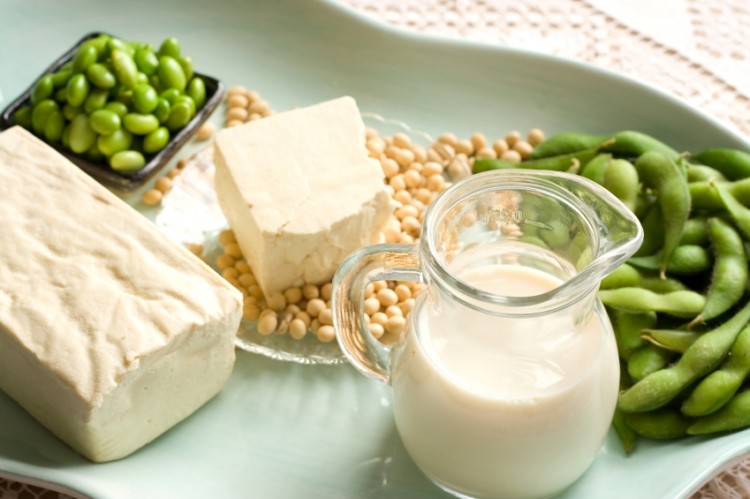
Writing in the Journal of Clinical Endocrinology & Metabolism the findings discuss the benefits to be gained from including this naturally occurring plant-based oestrogen in the diet.
The study found that, compared to the placebo group, intake of soy isoflavone over the course of three months in PCOS women decreased circulating levels of insulin, lowering the body’s resistance to this hormone.
The team also found an increase in the antioxidant glutathione and a significant decrease in malondialdehyde levels – a marker for oxidative stress.
Additional results found that soy isoflavone did not have a noticeable effect on other lipid profiles and inflammatory and oxidative stress markers.
Soy – a natural hormone
The findings add to the growing interest in this compound and its relation to metabolic syndrome.
This interest has been encouraged by nutritional intervention studies in humans that highlight the protective effects of dietary isoflavones against menopausal symptoms and coronary heart disease.
PCOS is a hormone imbalance in which a woman of reproductive age starts producing slightly higher amounts of testosterone, interfering with fertility.
According to the landmark analysis, titled ‘Global Burden of Disease Study 2010,’ the condition affects 116 million women worldwide (3.4% of women).
Scientists from the University of Medical Sciences in Kashan in Iran enrolled 70 women with PCOS to take part in the randomised double-blind, placebo-controlled clinical trial.
Half of these women were randomly assigned to consume 50 mg/d soy isoflavone supplement daily for three months. The remaining half received a placebo.
All the women, who were aged between 18 and 40, were asked to continue their exercise regime and not to take other nutritional supplements during the experiment’s duration.
Blood samples were drawn from the women at the start and finish of the experiment in order to measure hormone and lipid levels, as well as biomarkers of insulin resistance and inflammation.
”We found women who consumed soy isoflavones regularly saw improvement in biological markers,” said the study's lead author, Dr Zatollah Asemi from the Kashan University of Medical Sciences in Kashan, Iran.
“These biomarkers reflect how effectively the body utilises insulin to process sugars and had reduced levels of harmful cholesterol."
PCOS’ action
PCOS is believed to cause insulin resistance as well as with defects in insulin secretion. The insulin resistance in at least 50% of PCOS women appears to be related to excessive serine phosphorylation, a chemical process that alters the function of the amino acid, serine.
Serine phosphorylation appears to control the activity of a key regulatory enzyme of hormone (androgen) production. It is plausible that a single defect results in both insulin resistance and the symptoms of excess androgen in some PCOS women.
Therefore patients with PCOS are susceptible to a number of irregularities, including metabolic disorders, inflammation, and oxidative stress.
Support of these findings include a 2-month supplementation study that asked postmenopausal women to consume soy food containing 50 mg isoflavones/d. Results indicated a significant decrease of insulin levels.
Further research has reported the efficacy of these phytoestrogens in improving glycaemic and insulinemic concentrations.
“Phytoestrogen intake may result in decreased oxidative stress through inhibiting oxidative modification of LDL-cholesterol,” the study referenced.
“In addition, isoflavones may decrease oxidative stress through their ability to modulate gene expression and the activity levels of enzymes involved in antioxidant defence,” it added.
Source: Journal of Clinical Endocrinology & Metabolism
Published online ahead of print, doi: 10.1210/jc.2016-1762
“The Effects of Soy Isoflavones on Metabolic Status of Patients With Polycystic Ovary Syndrome.”
Authors: Mehri Jamilian and Zatollah Asemi
